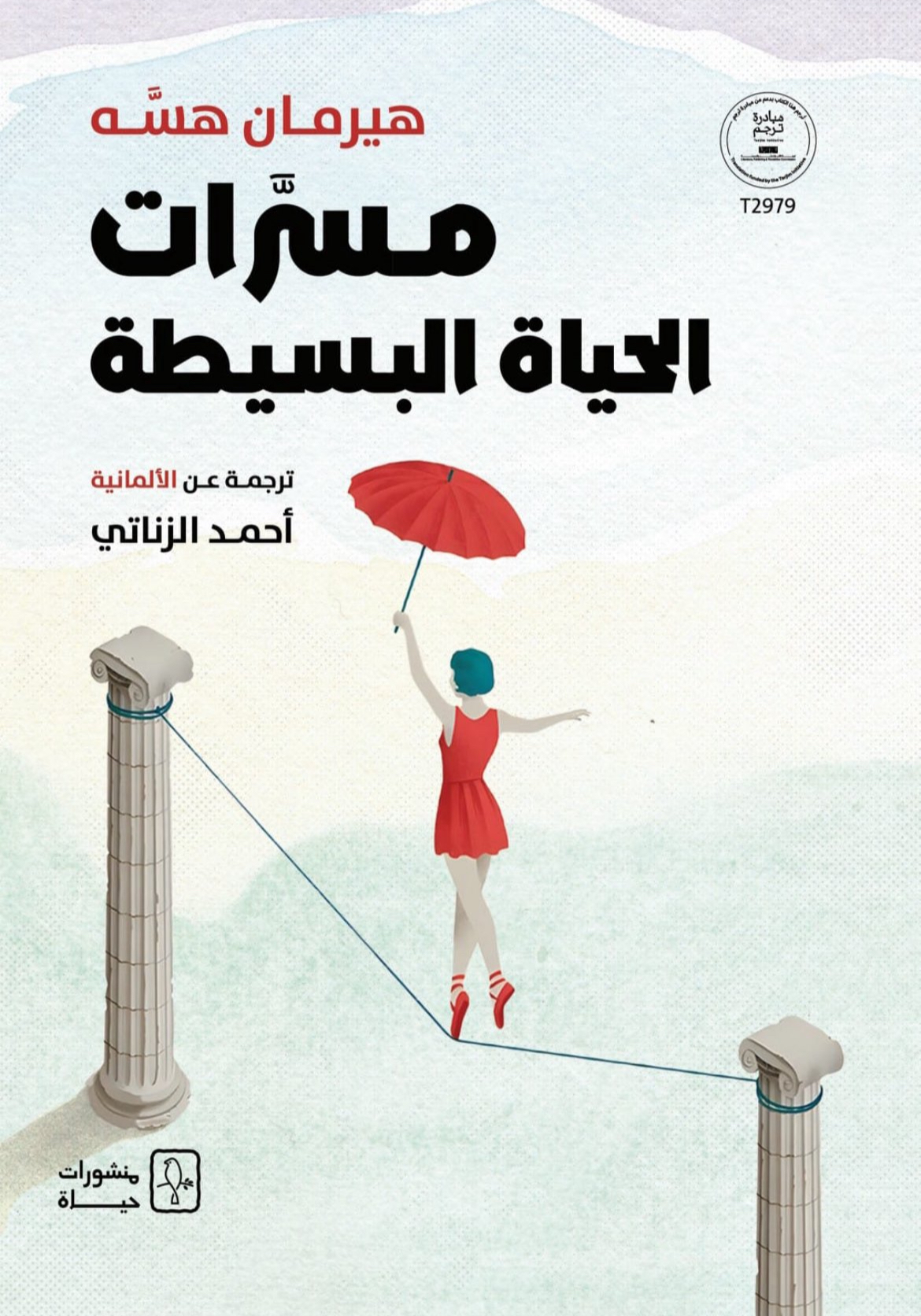
«ترتبط القدرة على الاستمتاع بمسرَّات الحياة البسيطة ارتباطًا وثيقًا بترويض النفس على عادة الاعتدال. والسبب أن هذه القدرة، من حيث هي سمة فطريَّة مطبوعة في نفس كل إنسان، تفترض وجود أشياء ضمرت وطواها النسيان في غمرة الحياة المعاصرة أغلب الوقت، وأعني بهذه الأشياء مقدارًا معينًا من الابتهاج والقدرة على إظهار الحب والإحساس بشاعرية الأشياء. هذه المسرَّات البسيطة مغمورة تحت الركام، ومتناثرة في ثنايا الحياة اليومية إلى درجة أن ضِعاف العقول لا يشعرون بها البتة، لأنها لا تلفت انتباه أحد ولا ينوِّه بها أحد ولا تتطلب مالًا من أحد». *** في مجموعة من التأملات والحكايات والقصائد المختارة ينقل إلينا هيرمان هسه تأملاته الهادئة الممتعة، ويروي لنا حكايات شخصية عن تجاربه مع الحب والخسارة والشباب والشيخوخة والصداقة والخيانة، كيف وجد السعادة في الكتب تارة، ثم وجدها في الإعراض عن الكتب والانغماس في نهر الحياة تارةً أخرى.
Author

Many works, including Siddhartha (1922) and Steppenwolf (1927), of German-born Swiss writer Hermann Hesse concern the struggle of the individual to find wholeness and meaning in life; he won the Nobel Prize for literature in 1946. Other best-known works of this poet, novelist, and painter include The Glass Bead Game , which, also known as Magister Ludi, explore a search of an individual for spirituality outside society. In his time, Hesse was a popular and influential author in the German-speaking world; worldwide fame only came later. Young Germans desiring a different and more "natural" way of life at the time of great economic and technological progress in the country, received enthusiastically Peter Camenzind , first great novel of Hesse. Throughout Germany, people named many schools. In 1964, people founded the Calwer Hermann-Hesse-Preis, awarded biennially, alternately to a German-language literary journal or to the translator of work of Hesse to a foreign language. The city of Karlsruhe, Germany, also associates a Hermann Hesse prize.